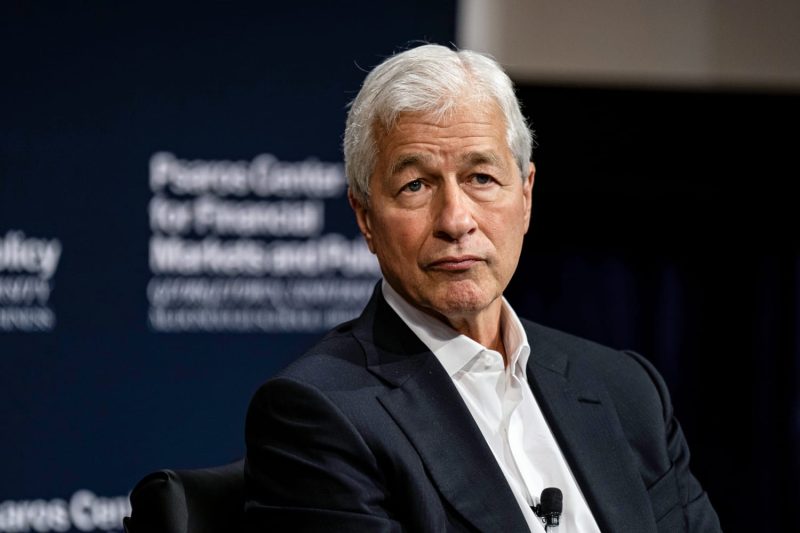As the financial world grapples with pressing concerns related to workload management, JPMorgan Chase & Co. has made a strategic move by creating a new role dedicated to overseeing junior bankers. This groundbreaking development emphasizes the company’s commitment to nurturing the professional development of its younger workforce and ensuring they remain engaged and satisfied amid challenging market conditions.
At the heart of this novel approach is JPMorgan’s recognition of the rapidly changing financial landscape. With an increasing number of deals brought about by the resurgence of M&A activities and the recent boom in initial public offerings (IPO), the pressure and demand for the services of financial professionals have drastically gone up. Consequently, the work volume has become immensely intense for junior bankers who play a significant role in managing these investment ventures.
This recent undertaking by JPMorgan is aimed at tackling this pressing issue, thereby safeguarding the mental wellbeing and overall job satisfaction of its junior bankers. By implication, this new role would entail a comprehensive review of work processes and optimally redistributing workloads to avoid employee burnout.
The new role, distinct in its function, provides supervision and guardianship to the roster of investment banking analysts and associates. With tasks including providing consistent feedback and promoting effective communication, the appointed individuals are expected to ensure junior bankers are not just proficient at their jobs but also satisfied and not overwhelmed by their workload.
JPMorgan’s unique move also underlines the necessity for larger Wall Street firms to invest in initiatives that promote a healthier workplace in the fiercely competitive financial services industry. It’s not just about work anymore; it’s about ensuring that employees at every level are given the right balance of work and rest, which ultimately leads to more productivity and success.
The creation of this new role also highlights the broader issue of the finance sector’s age-old culture of long working hours. As younger bankers join the workforce, organizations like JPMorgan are adjusting their strategies to align with changing attitudes towards work-life balance. Junior bankers, who are often millennials and generation Z, try to negotiate a different work-life balance, and this move shows that JPMorgan is expanding its efforts to address this shift.
Moreover, JPMorgan’s move shows its commitment towards talent retention. By fostering a more supportive and balanced environment for their junior bankers, the company increases its chances of retaining young talent and decreasing turnover rates—often a significant concern for investment banking firms. With such a new role committed to employee wellness, JPMorgan proves that they are not only about nurturing external relations with clients but also about fostering internal relations within the organization.
In summary, with the introduction of this new role, JPMorgan is striding a path for financial companies to follow worldwide. As the financial world wrestles with the question of heavy workloads, it opens doors to scrutinizing the ways in how they can make the workplace a healthier environment. It signifies a progressive step towards a more balanced and rewarding experience for bankers at the beginning of their careers and a model to which other financial services firms may aspire.




